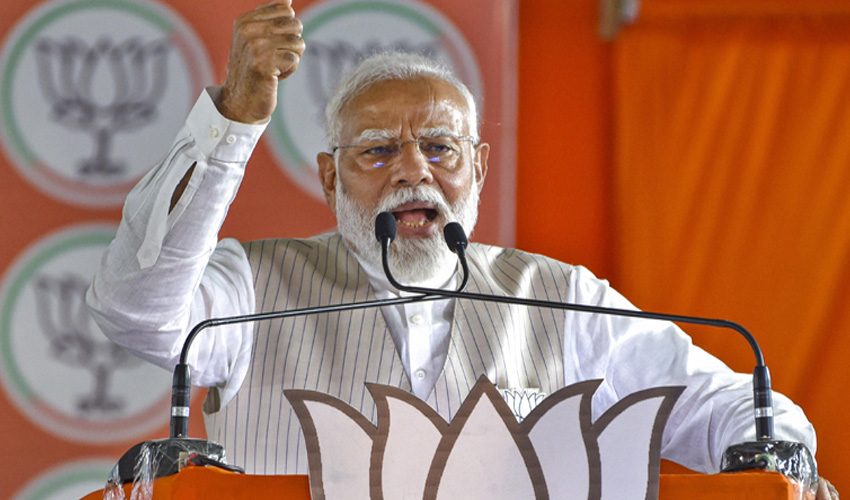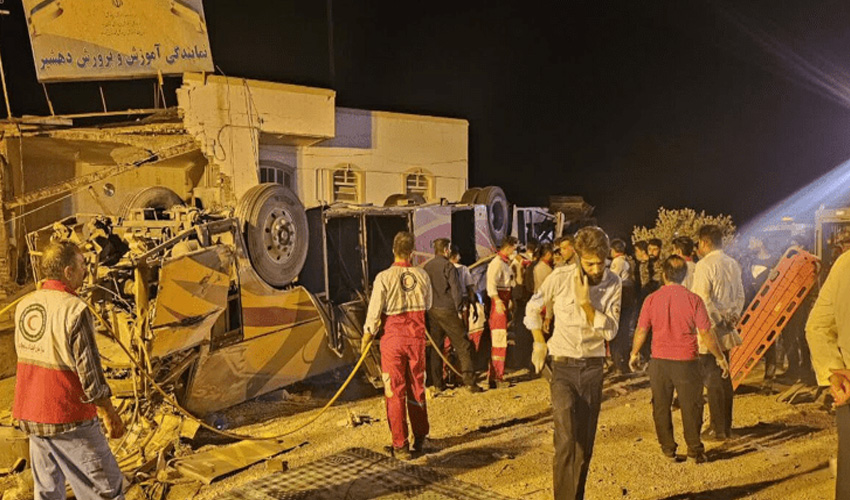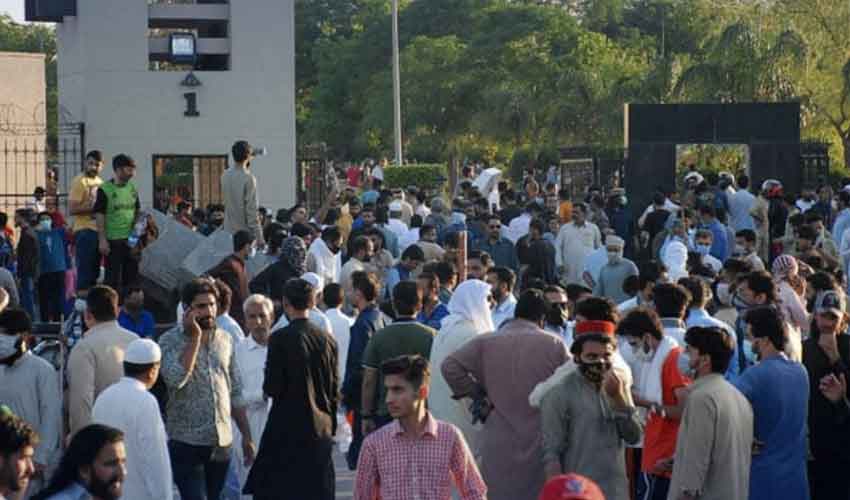In recent years, the religious freedom of Muslims in India has faced severe challenges, with a notable increase in targeted actions against the community.
This trend has intensified during Narendra Modi's tenure, where anti-Muslim rhetoric has often been a focal point of his political strategy.
Modi, who has been in power for three terms, has consistently leveraged anti-Muslim propaganda to consolidate his political base.
Since his third term began, there has been a marked escalation in attacks on properties, businesses, and places of worship belonging to Muslims.
One of the most controversial actions was the inauguration of the Ram temple in January, just ahead of the recent elections in India, which many Muslims viewed as a direct affront to their religious sentiments.
Following this, there has been a series of demolitions of Muslim houses, shops, and mosques, labeled as crackdowns on illegal encroachments.
In Delhi, the capital, the demolition of mosques has sparked widespread anger and concern among Indian Muslims, leading to numerous protests across various cities.
Thousands of Muslims have taken to the streets to oppose what they deem as the Modi government's discriminatory policies.
International human rights organizations, including those from the United States, have expressed deep concern over the escalating anti-Muslim measures in India.
The U.S. State Department has highlighted the persecution of minorities on false and fabricated charges, pointing to a rise in anti-religion laws, hate speech, and the demolition of religious sites.
U.S. Secretary of State Antony Blinken has condemned the ongoing religious violence in India, urging the country to take action against those perpetuating hate speech and violence against religious minorities.
The question remains whether the Modi government will yield to international pressure or maintain its current stance.



























